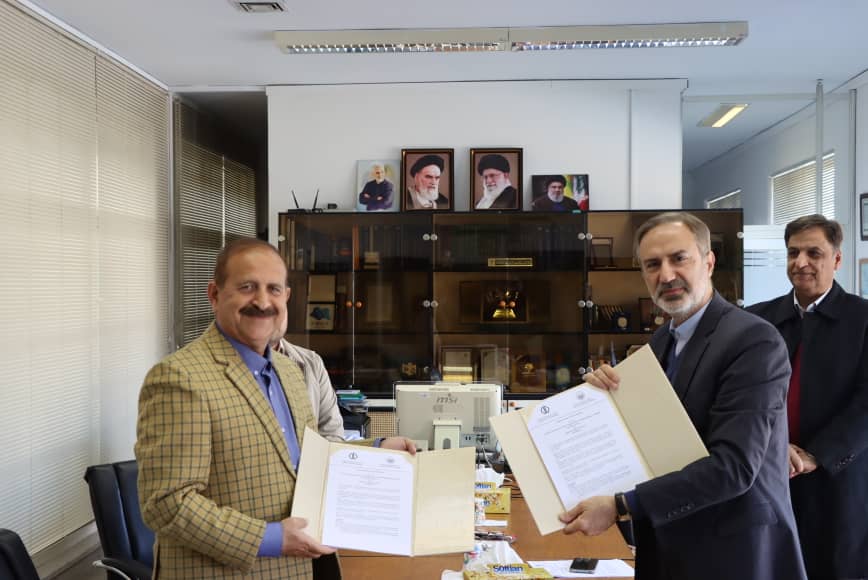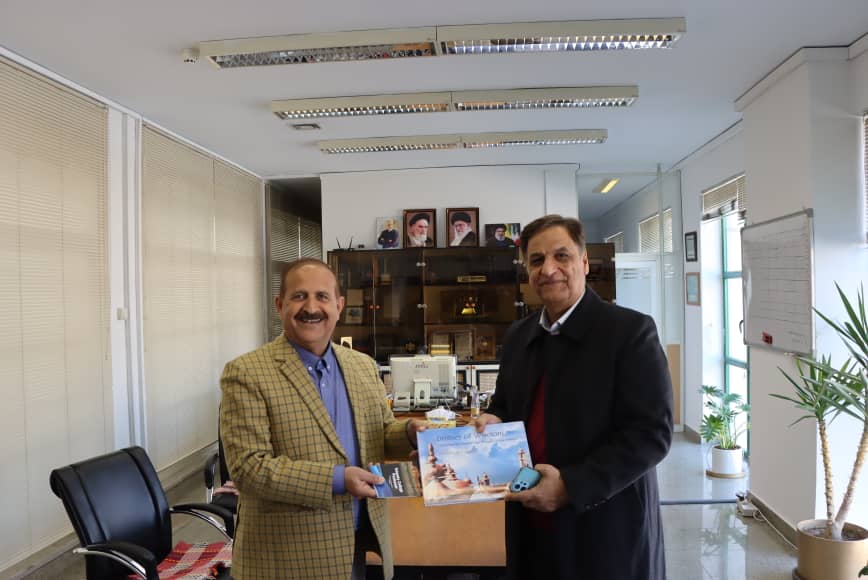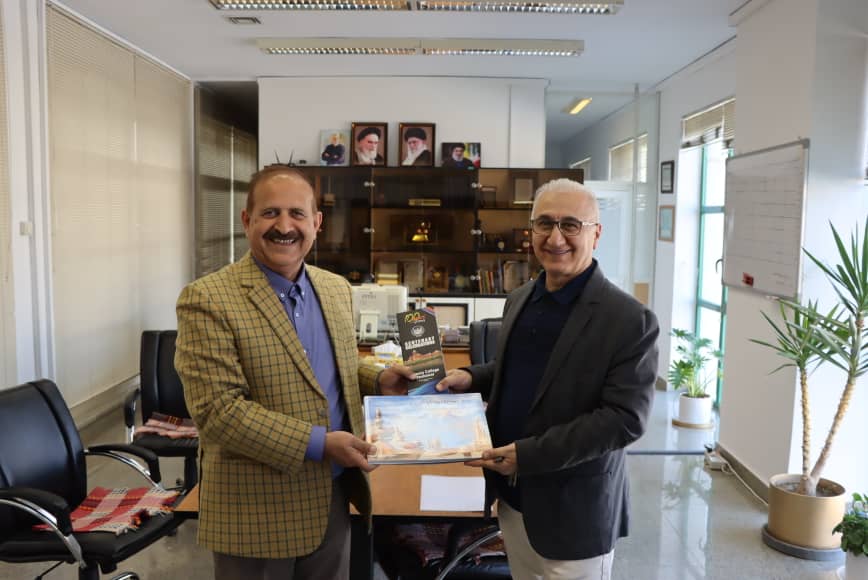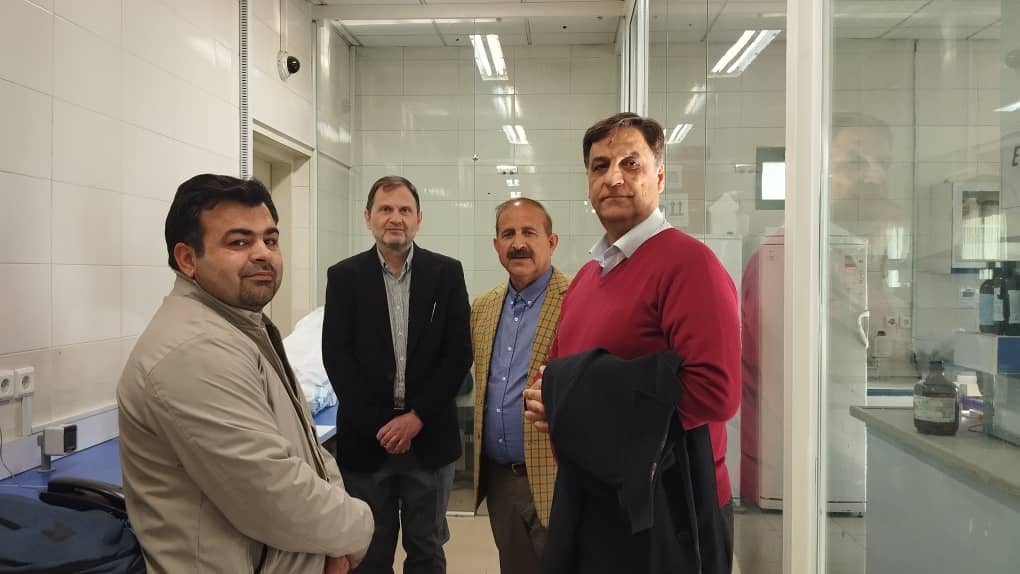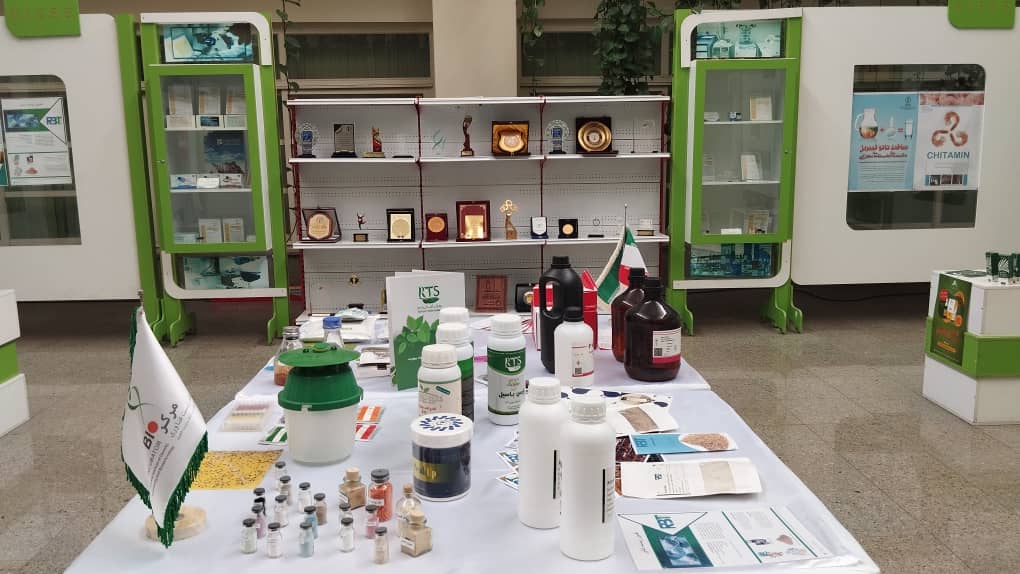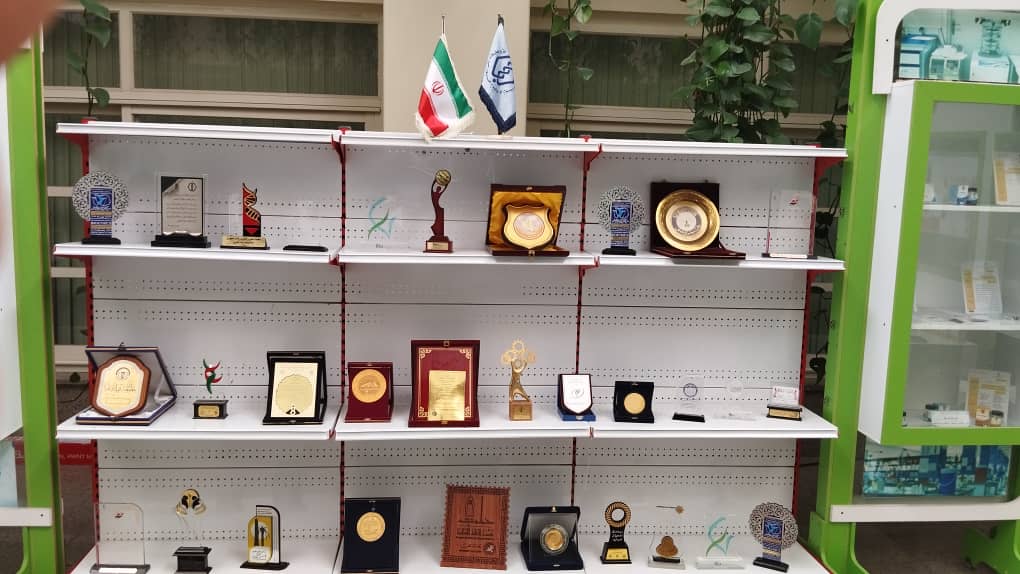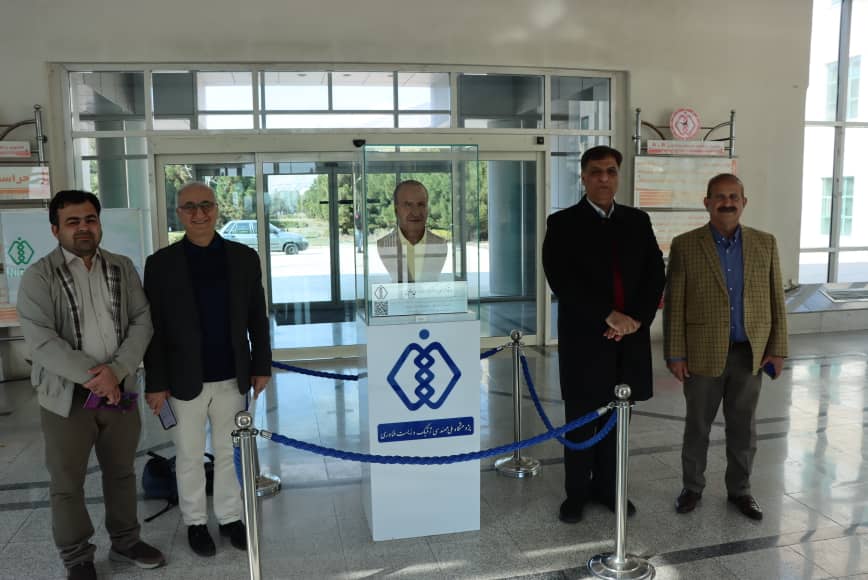International Collaboration in Biotechnology: Iran and Pakistan Join Forces
Tehran, Iran – The National Institute of Genetic Engineering and Biotechnology (NIGEB) in Tehran, Iran, recently welcomed a high-level delegation from the University of Peshawar, Pakistan, led by Professor Ali Muhammad. The week-long visit underscored the growing importance of international scientific collaboration in advancing genetics and biotechnology.
A Focus on Joint Research and Exchange Programs
The visit culminated in the signing of a memorandum of understanding (MOU) between NIGEB and the University of Peshawar. This agreement paves the way for collaborative research projects, faculty exchange programs, and student training initiatives. The MOU highlights both institutions' commitment to fostering scientific advancement through international partnerships.
NIGEB: A Hub for Genetic Engineering and Biotechnology in the Region
Dr. Javad Mohammadi, President of NIGEB, warmly welcomed the Pakistani delegation, emphasizing the Institute's role as a leading center for genetic engineering and biotechnology in Iran and the broader region. "NIGEB is at the forefront of research and development in these critical fields," Dr. Mohammadi stated. "We are dedicated to addressing regional and global challenges through cutting-edge science."
Addressing Global Health Challenges Through Scientific Collaboration
Dr. Mohammadi also highlighted NIGEB's diverse research portfolio, which includes early cancer diagnostics, the development of salt-resistant crops, production of diagnostic kits, and vaccine development. He stressed the importance of international alliances to combat global health threats and overcome scientific disparities. "By working together, we can better address challenges like emerging infectious diseases and improve global health security," he added.
University of Peshawar and NIGEB: Sharing Expertise and Resources
Professor Ali Muhammad, President of the University of Peshawar, expressed his enthusiasm for the collaboration. "Our university, with its long history in environmental science, animal sciences, aquaculture, and agriculture, shares many common research interests with NIGEB," Professor Muhammad noted. "We are eager to exchange expertise, train our students and faculty at NIGEB, and embark on joint research ventures."
Exploring Collaborative Opportunities
Discussions during the visit focused on potential collaborations in areas such as developing virus-resistant sugar beet varieties, advancing cancer research and treatment, and applying IVF technologies to improve livestock breeding. Both institutions recognized the mutual benefits of sharing knowledge and resources to accelerate scientific progress.
This partnership between NIGEB and the University of Peshawar represents a significant step towards strengthening international scientific cooperation and advancing the fields of genetics and biotechnology. It underscores the power of collaborative research to address global challenges and improve lives worldwide.

